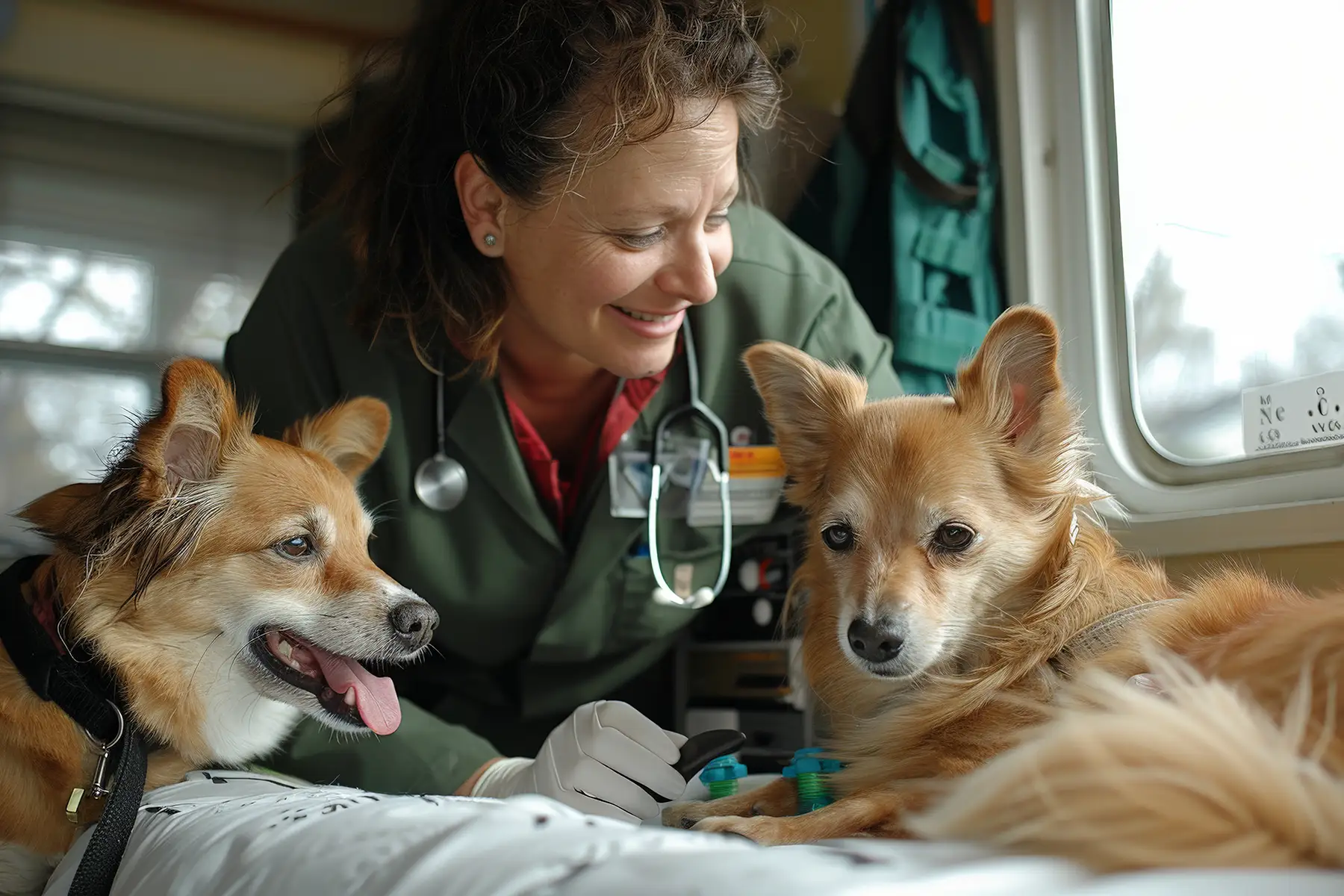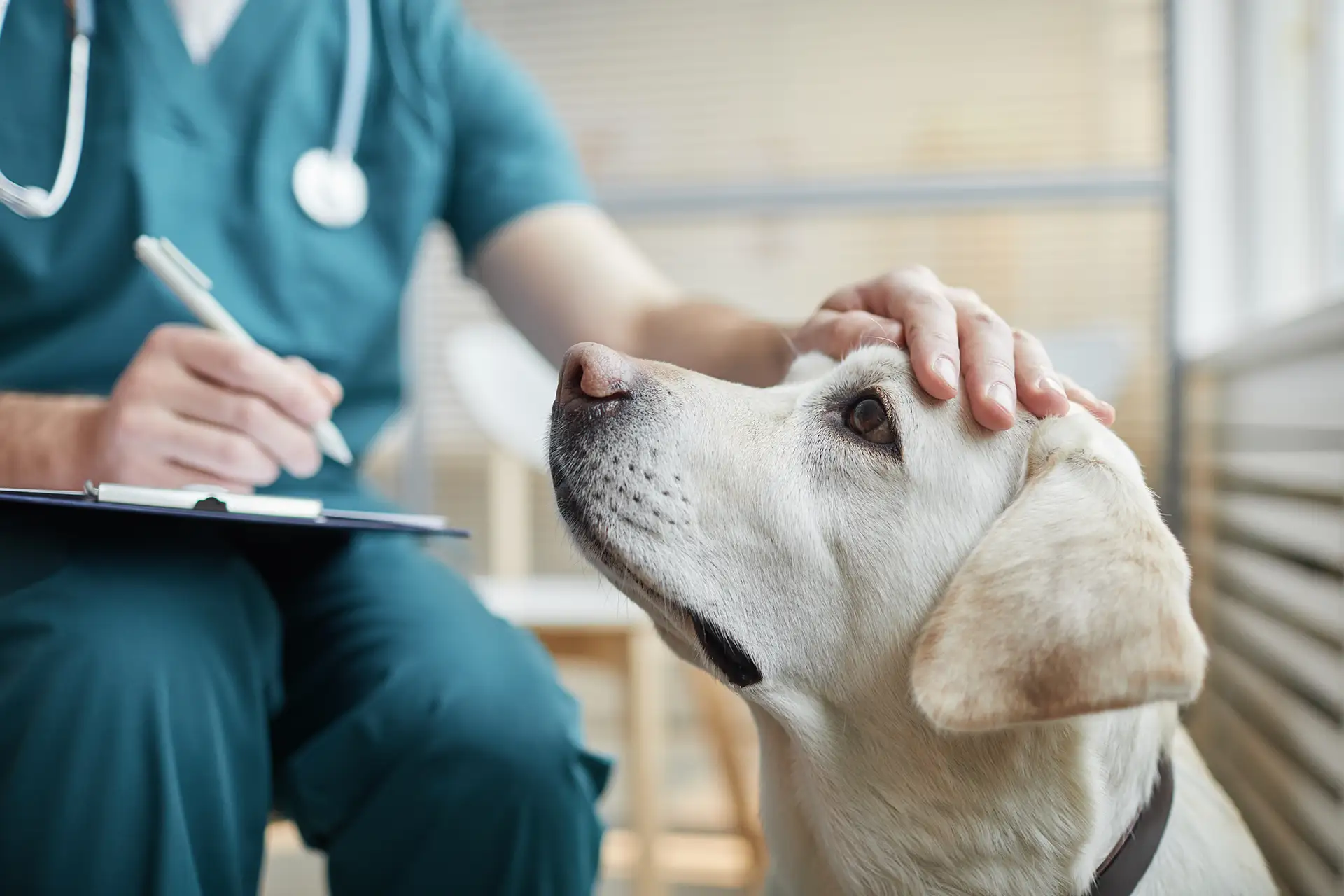The mobile veterinary service industry has seen a surge in popularity in recent years, largely due to the convenience it offers clients and the flexibility it provides for veterinary professionals. This flexibility includes the ability for businesses to extend their services to clients outside of their home state. However, when operating in other states, mobile veterinary businesses need to keep certain tax considerations in mind. Let’s talk about some of the legal factors and requirements that may come into play when you do business across state lines—and how they can impact your tax obligations.
What is nexus?
Firstly, you’ll need to determine if your business is establishing nexus in another state. Nexus, in regard to taxation, refers to a level of connection between a business and a particular state that allows that state to impose tax obligations on the business. When you perform mobile veterinary services in a different state, nexus may be triggered, meaning you are subject to the tax laws of that state. The rules of nexus vary from state to state, so it’s important to know the specific rules for the states you are operating in.
What triggers nexus?
Keeping in mind that the rules of nexus vary by state, several circumstances can trigger nexus, including situations in which:
- A business has a physical presence in the state, such as an office, store, or warehouse.
- A business has employees in the state.
- A business reaches a certain level of economic activity in the state, such as a specific sales revenue or number of transactions (thresholds for revenue and transactions vary by state).
Potential tax obligations when you create nexus
Depending on the state in which you are doing business, when nexus is created, you could be required to:
- Register for sales tax and meet sales tax filing requirements for that state—this requires registering with the state’s tax authority, collecting sales tax on taxable sales to customers within the state, and remitting sales tax to the state.
- Register for payroll taxes and meet payroll tax filing requirements for that state.
- Meet business income or franchise tax filing requirements for that state.
Need guidance?
It’s important for mobile veterinary businesses to research and know the nexus rules for the states in which they provide services, and to maintain compliance with the necessary tax registration and filing requirements. Keeping track of differing nexus rules can be confusing, especially considering that states often update or change their criteria for determining nexus. The veterinary accounting professionals at RBT CPAs are here to help you understand nexus laws, determine whether you are creating nexus in another state, and ensure that you are fulfilling any necessary tax requirements. Let us take care of your accounting and compliance while you focus on taking care of your patients both in and out of your home state. Give us a call today to learn more—and find out how we can be Remarkably Better Together.



